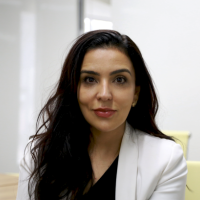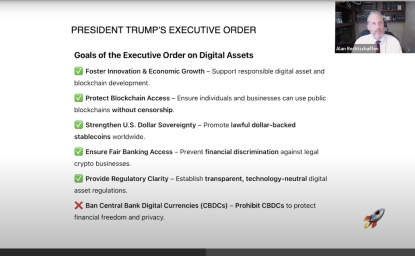We talked with Fernando Goldsztein, Founder of the MBI, to explore the motivations behind this collaboration, the challenges faced, and the impact they hope to achieve in the fight against brain cancer.
Q: Can you share your journey and what led you to start the MBI? How has your background influenced the organization's mission and values?
A: My son had a brain tumor called medulloblastoma, which is the most common brain tumor in children. It’s an aggressive tumor. One-third of the kids relapse after treatment and face a very poor prognosis. The other two-thirds, who are cured, suffer from lifelong side effects due to the high toxicity of the current treatment, which dates back to the 1980s. Kids with brain tumors have been left behind by society, with very little investment in research for pediatric brain tumors over the last few decades. I founded MBI to change this sad picture and save thousands of lives.
Q: The MBI supports a consortium of 13 top laboratories in the US, Canada, and Germany. How does this collaborative approach enhance the research process compared to more traditional models?
A: Our model is different in many ways. We set up a consortium with the best scientists in the field, led by Dr. Roger Packer from Children's National Hospital in Washington, DC. These scientists work collaboratively and synergistically to find the cure fast. Unlike other initiatives that provide scattered grants, MBI is 100% focused on funding our research project. This laser-focused approach is why we are seeing rapid results, with two clinical trials approved by the FDA in just 2.5 years and two more in the pipeline.
Q: What's your take on Brazil-US cooperation for science and technology?
A: In our case, the science has been conducted in the US, Canada, and Germany, where most medulloblastoma studies have been done to date. In this case, we are putting the technology that is already installed in the US at the service of fast-tracking research, and we aim to share these advances with Brazil and the world in the future. Brazil and the US have created this new model for conducting cancer research. MBI and Children's National Hospital established this consortium, making the labs work cooperatively by leading and funding it. This is a new model that is already inspiring other families and institutions to replicate it. I believe and hope there will be more initiatives like MBI in the near future.
Q: How important are public awareness and community support to the success of the MBI, and what steps are you taking to increase visibility and advocacy for medulloblastoma research?
A: Public awareness and community support are everything. Medulloblastoma is considered a rare disease, although it affects 25,000 kids every year. There is a huge lack of resources for researching these diseases, which depend heavily on philanthropy. That’s why raising awareness about causes like MBI is so important. We have raised a substantial part of our funds in Brazil so far, but now we need to start raising funds in the US as well. We have also built a strong network with families affected by this disease. The power of this network is incredible. Together, we are unstoppable. It’s not a matter of “if we find the cure,” but rather “when it will happen.” The faster we go, the more kids we save.
Q: How does MBI align with Brazil's broader public health policies and regulations, especially concerning rare diseases?
A: We want to bring the clinical trials to Brazil as soon as we have positive results. Of course, this will depend on regulatory and logistics approval, but we are committed to making it happen. We have been talking to some important Brazilian hospitals about the trials in Brazil. We hope to treat Brazilian pediatric patients as soon as possible.








